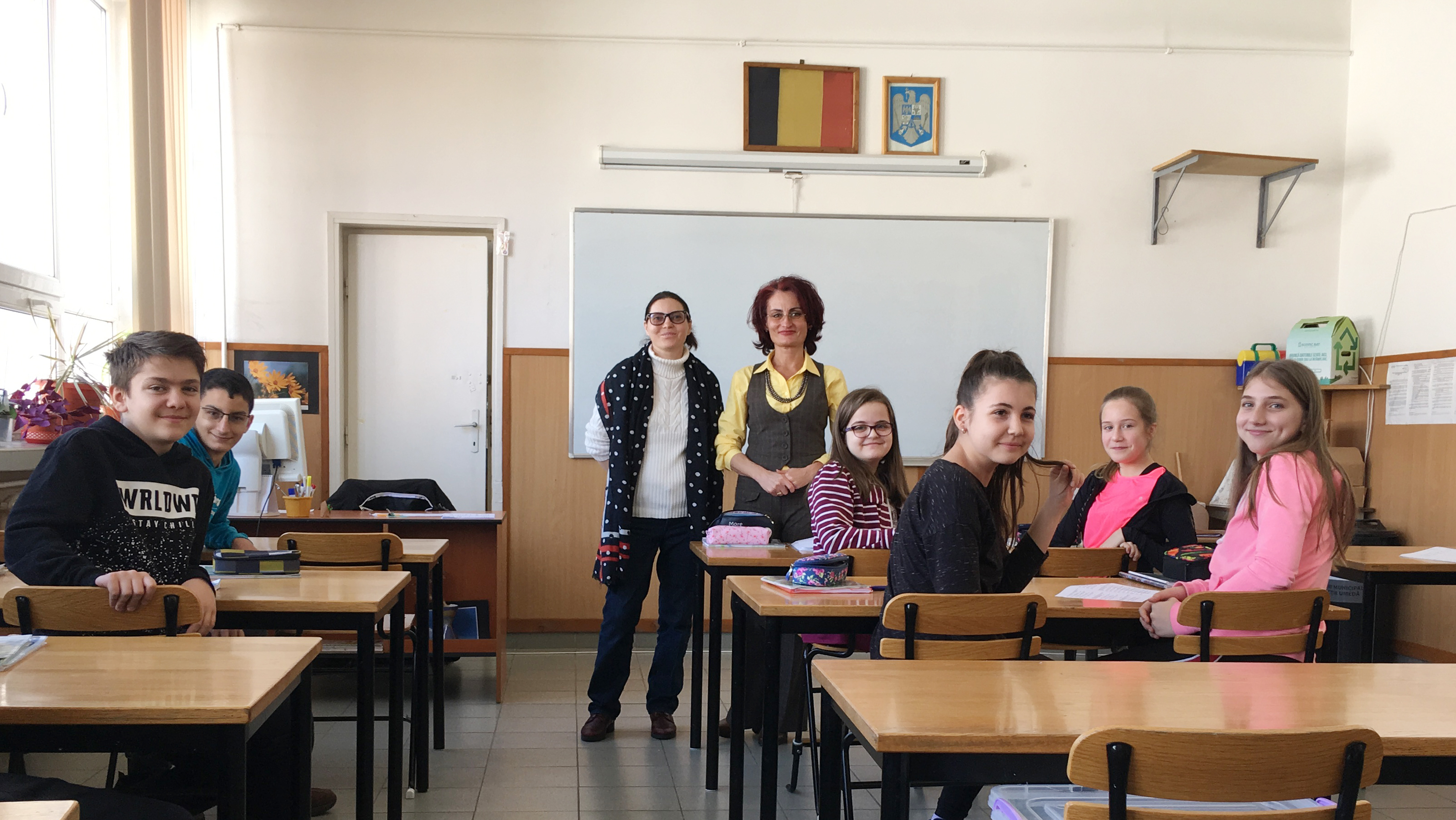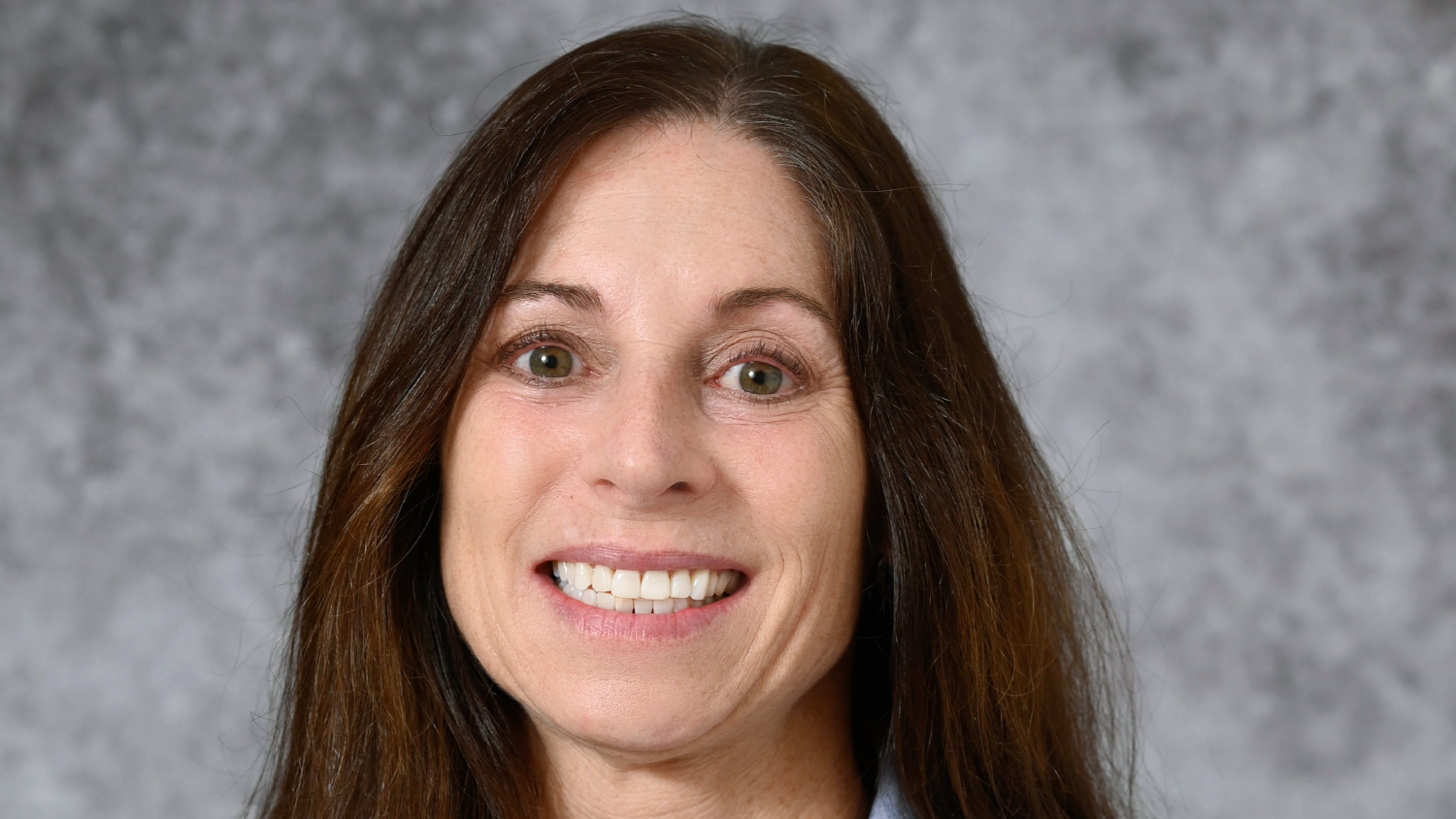Margareta Thomson on the Importance of an International Perspective: ‘Providing Students with Opportunities to be Immersed in Various Aspects of Global Learning is a Great Benefit for Them’

When Margareta Thomson, Ph.D., a professor of educational psychology in the NC State College of Education, was a graduate student at Florida State University, she had an opportunity to work on a National Science Foundation-funded project that helped shape the focus of her research for the rest of her career.
The project, hosted at the National High Magnetic Field Laboratory in Florida, brought together K-12 teachers from around the United States to work in a lab alongside scientists for a summer, providing teachers with an opportunity to learn science in an authentic environment.
Through her role in the project, Thomson followed teachers who participated in this experience back into their classrooms, where many talked about how motivated they now were to share what they had learned in the lab with their students.
Seeing this “transformative experience” teachers had inspired Thomson to continue studying teacher and student development, motivation and beliefs, particularly as they relate to STEM education topics.
“What was interesting for me was to see how teachers were learning and how they were gaining knowledge in a new context like a lab. I saw how teachers learn and saw their motivation to do research on their own to understand more,” Thomson said. “The educational psychology point that was captivating to me was that teachers learn from novel experiences, from something exciting that motivates them to teach students in the same way they experienced.”
Over the past decade, Thomson has continued to engage in projects that promote teacher professional development and improve teacher quality, particularly in high-need schools, through projects funded by organizations that include the National Science Foundation (NSF) and the National Institutes of Health (NIH).
Her most current research work, a six-year project funded by NIH in which she serves as the principal investigator is the “Environmental Health Research Experiences for Teachers in High-Poverty Schools: A Professional Development Program.” This project provides teachers from high need schools across North Carolina with knowledge in environmental health research sciences.
The NIH-funded program, which is a collaboration with faculty from the Department of Biological Sciences at NC State and hosted at the Center for Human Health and the Environment, enables teachers to gain specialized environmental health knowledge and research skills that can impact students’ science learning and promote interest and readiness for STEM careers among historically minoritized students.
In this interdisciplinary project teachers involved in the NIH funded program are hosted in a scientist’s lab where they learn not only about science, but the ways in which environmental health in impoverished communities is affected by policies, politics and economic development.
The teachers, Thomson said, can ultimately serve as messengers to students, families and the broader community as they use their newly acquired knowledge to increase literacy about environmental health issues and motivate historically marginalized students to pursue STEM careers.
“Many of these teachers identify themselves as being part of a minority group and their students belong to minority groups as well and, as one of our teachers pointed out, those communities are often most affected by what’s happening in the environment,” Thomson said. “Teachers can take the information and research skills they learned in the lab back to students and motivate them to learn about the topic, research about environmental health and help communities themselves.”
In addition to helping teachers understand issues that impact them at home, Thomson is also passionate about ensuring future educators are prepared with a variety of international opportunities that support cultural competency.
In 2009, she co-developed with other faculty the first educational psychology courses taught at the NC State European Center in Prague, with the goal of allowing pre-service teachers from the United States to see how schools operated in a different country, experience how resources and instructional strategies vary between cultures and understand how context can impact a child’s development.
For those students who can’t travel abroad, Thomson also makes sure to incorporate research from international journals into her classroom discussions to give pre-service teachers an opportunity to compare the American education system to other systems around the world.
“Most of the discussions in my class are not just grounded in what’s happening locally or in the United States, but what is happening in the global world,” she said. “Providing students with opportunities to be immersed and to reflect upon various aspects of global learning is a great benefit for them as educators and scholars.”
Throughout her academic career, Thomson has engaged in extensive international work, collaborating with colleagues in Switzerland, the United Kingdom and Romania, where she had the opportunity to serve as a Fulbright Scholar during the 2018-19 academic year.
During her year in Romania, she engaged in the “Fostering Academic Motivation and a STEM Growth Mindset in High Poverty Schools Through Authentic Research Experiences” project in which middle grades teachers and students from Romanian schools affected by poverty engaged in a STEM mentorship program. This program enabled them to acquire STEM career-oriented knowledge, scientific research skills and academic motivational strategies.
Having the opportunity to serve as a Fulbright Scholar, Thomson said,was not about receiving the prestigious recognition but about having the opportunity to engage in this impactful project in Romania– a country that is struggling to improve general education, student attendance, teacher professional development and student achievement outcomes.
The year abroad also allowed her to serve as an ambassador for the United States, teaching Romanian students and educators about the American education system and often dispelling misconceptions they had about the country because of what they have seen depicted in movies and social media.
For example, when Thomson presented findings from her NIH project focused on the US teachers and students from high-poverty schools, many educators in Romania were surprised to learn that poverty is affecting many schools across America.
“Romania is a country that is still developing and although many young people have had an opportunity to travel and study in the European Union, most have not been to the United States or experienced our educational system,” Thomson said. “The presentation was eye-opening for some of the teachers and sparked a lot of conversations around the topic of American teachers teaching to economically disadvantaged students.”
In the coming year, Thomson plans to continue in her international work as the co-editor of a book that will showcase examples of non-formal education programs from around the world– including the United States, Romania, Italy, Spain and Indonesia– with a section focusing on Thomson’s NIH project and the ways in which North Carolina educators were able to gain knowledge outside the formal educational system.
- Categories:


